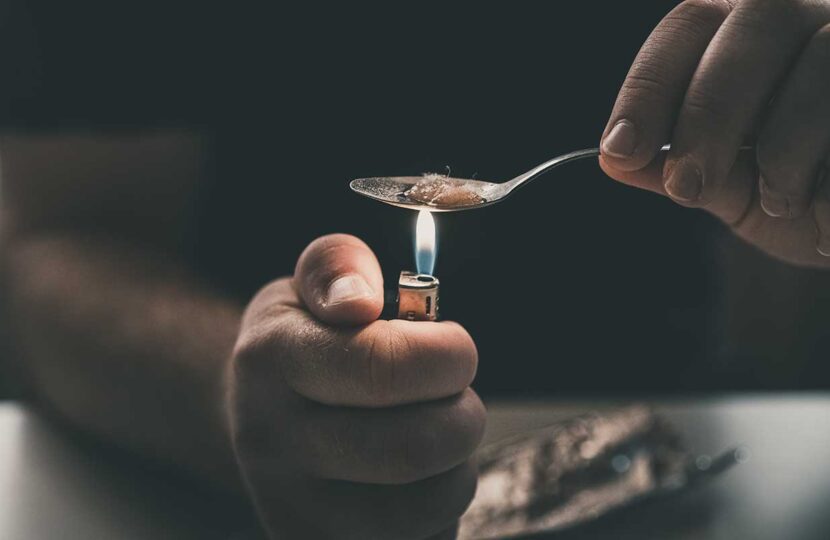Understanding opioid dependence and their dangers: Opioids, known in India by street names like smack, brown sugar, white powder, Chitta, or Heroin, are potent substances that affect the brain’s pleasure pathways and having high potential of dependence on it. These drugs stimulate the release of dopamine, a neurotransmitter associated with pleasure and reward, make them highly addictive. While opioids initially induce feelings of euphoria, prolonged use leads to dependence, tolerance, and withdrawal symptoms. The pervasive misuse of opioids presents significant public health challenges. let’s focus on the importance of understanding opioid dependence and their dangers.



